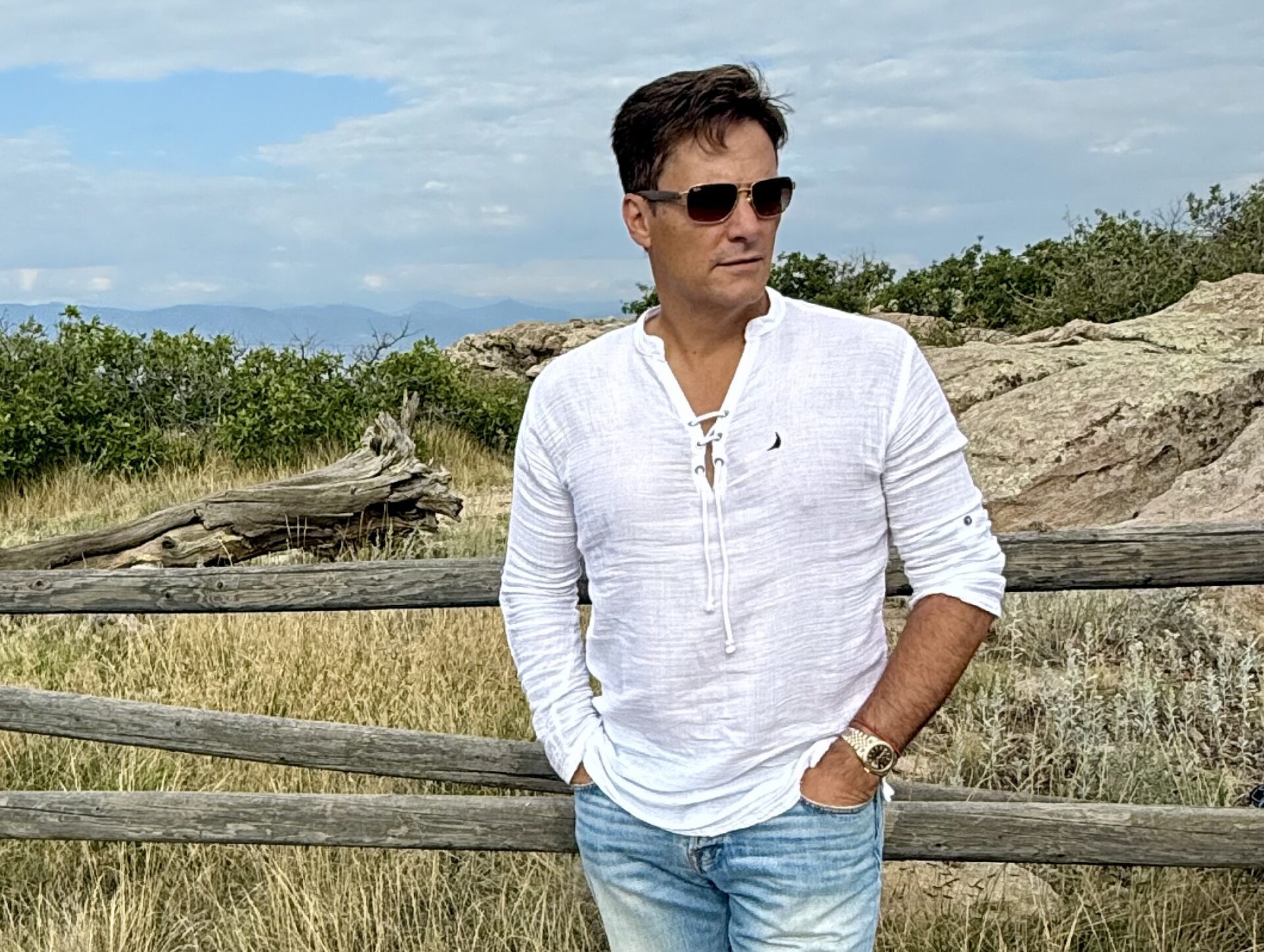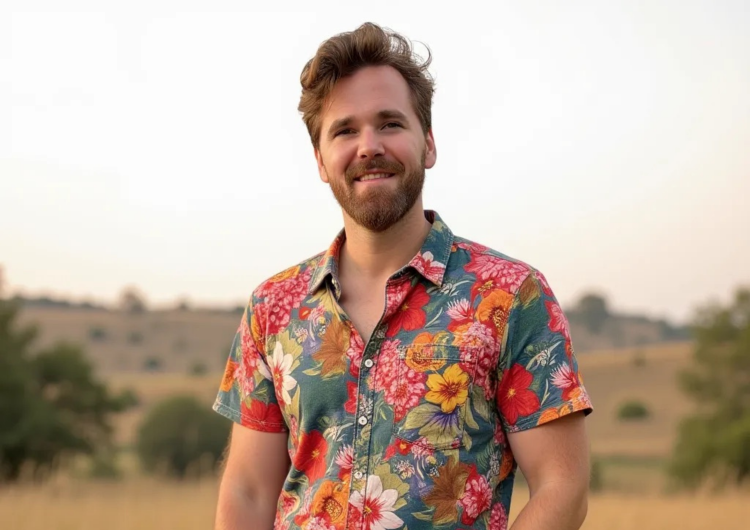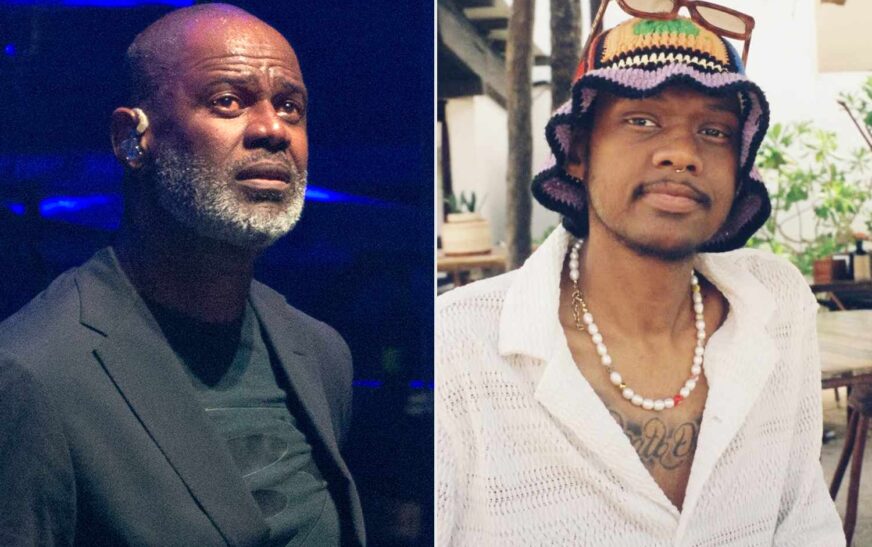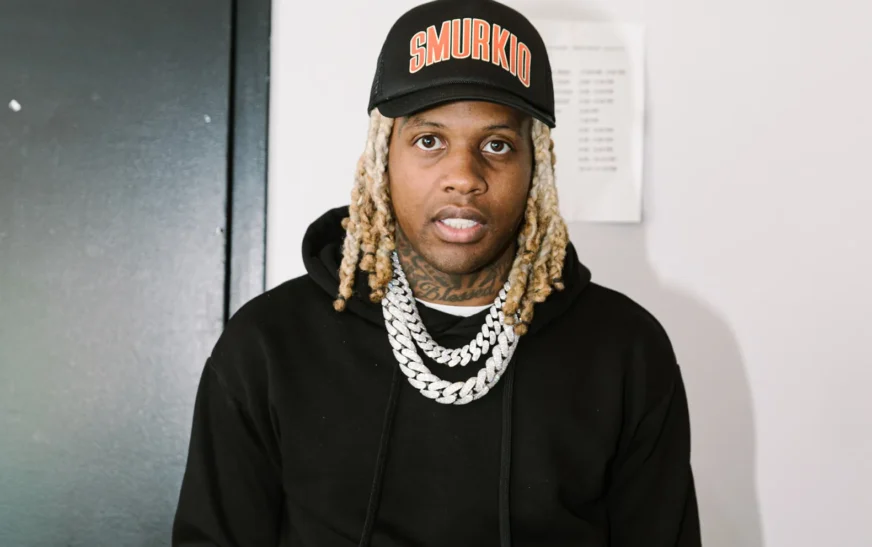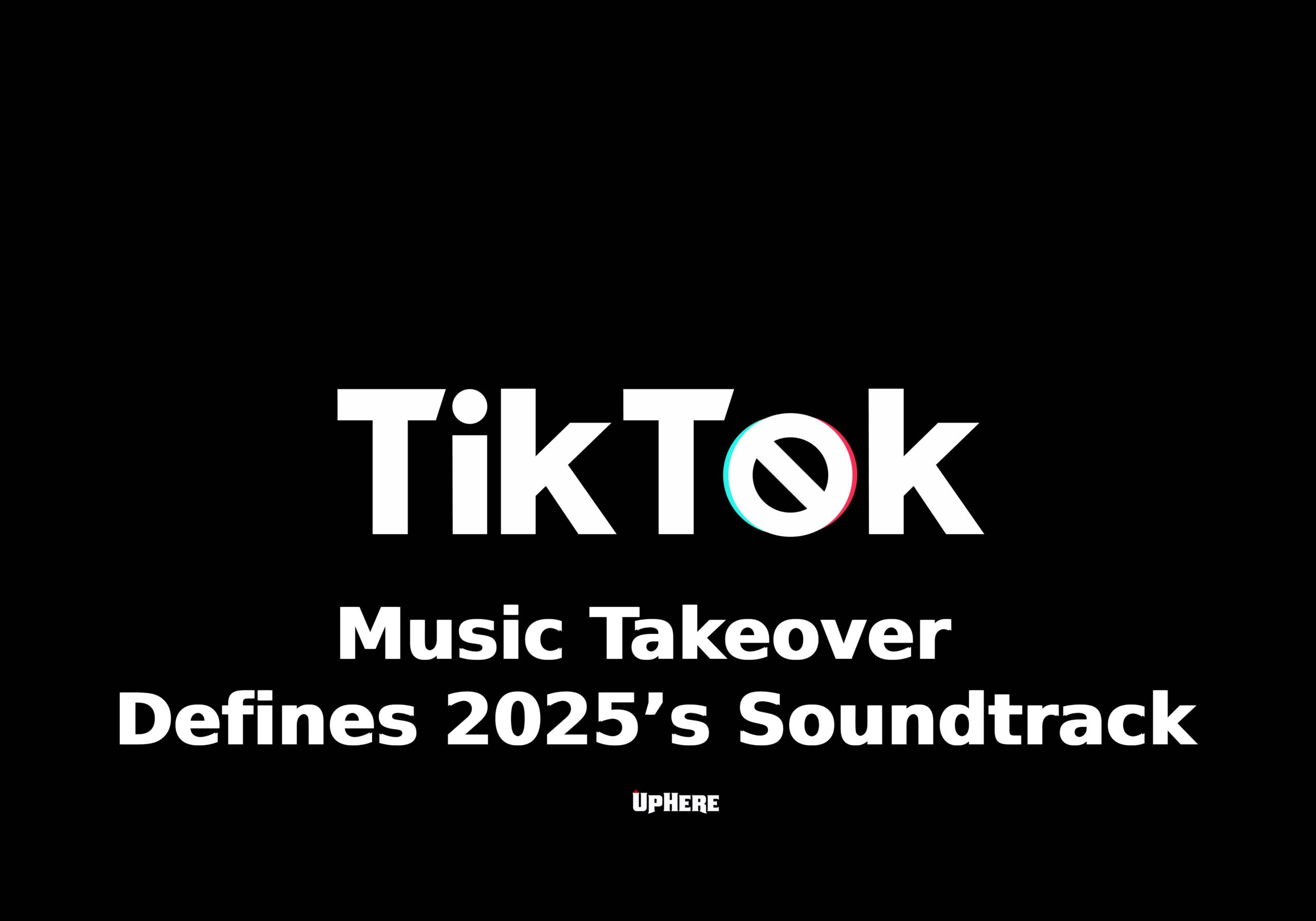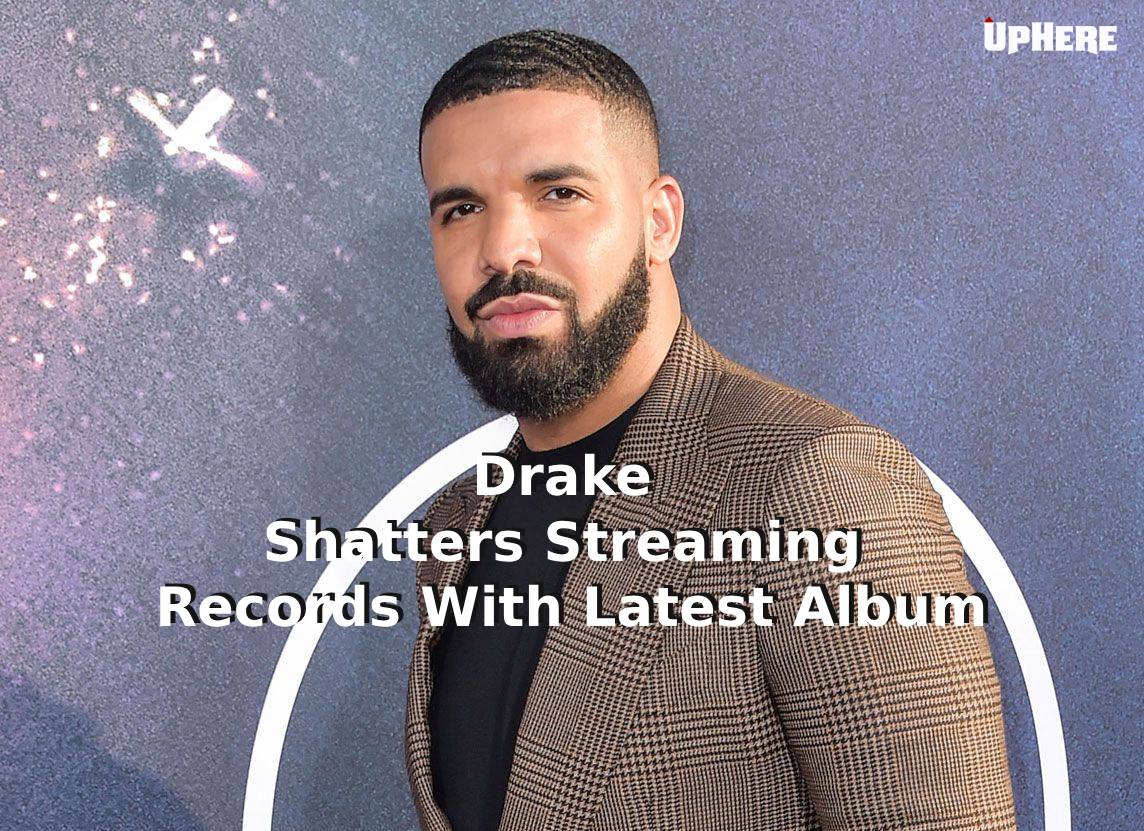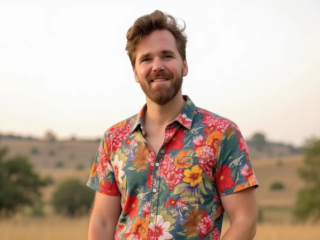In a surprising development in the drama surrounding Sean “Diddy” Combs, a former InterContinental Hotel security guard has made shocking accusations against the mogul. Eddy Garcia, the supervisor who was working the night of the alleged 2016 encounter between Diddy and singer Cassie Ventura, bore witness under oath that the music mogul and his people tried to purchase silence and the surveillance footage.
Garcia, who was on the stand June 3, described a series of conversations and behind-the-scenes machinations that he said resulted in the shelving of surveillance footage of the shocking attack. That duplicate footage has now reemerged to rock the entertainment world and has long been drowned out by layers of hotel politics and apparent payoffs.
The customer explained that it all started with a call from a New York number, Garcia told BuzzFeed News. On the other end was Kristina Khorram, a well-known point person for Combs Enterprises. Despite this, when they chatted, Khorram supposedly confessed that Diddy had been drunk when he was assaulted and said afterward he couldn’t remember what happened. She then badgered Garcia to see the surveillance footage. Garcia said he told her bluntly that if there were to be such a request, it would have to be approved by upper management and might require legal procedures such as a subpoena.
Check out this article: Brian McKnight Accused Of Abandoning Son Niko During Final Days And Not Contacting Family
Khorram eventually arrived at the hotel in person and did not give up trying to obtain the video, Garcia claims. When that didn’t crush him either, she called him again, this time with Diddy on the call. Garcia recalled a near-hysterical, if not pleading, Diddy, worried that the footage could “ruin his career.” As he attempted to ignore the call, claiming he didn’t have the file, Diddy reportedly wasn’t having it. The former guard said the pressure didn’t stop there. Garcia says he was followed up on his non-work phone, and Diddy supposedly offered a check for the video. The message was clear: silence wasn’t free, and Diddy was ready to pay.
Yet even more alarming is Garcia’s allegation that he was not the only hanger-on who got the invitation. Dozens more, he said, were paid off to suppress the footage and make it “disappear,” as it is believed to have done. If these backroom dealings are substantiated, they also cause grave concerns about corporations’ manipulation of workers and the role of money in protecting violent behavior. The resurfaced video, finally liberated by CNN, unleashed a fresh round of public reckoning with old allegations against Diddy. Garcia’s testimony now adds an additional layer to the story, not just one of alleged abuse but of a powerful man manipulating the system behind the scenes to cover up evidence and rewrite history.
For Diddy, this is more than garden-variety bad press. It could be a make-or-break moment in a career fraught with past accidents. This possibility could raise broader questions for the hotel industry about organizational responsibilities, power dynamics, and the lengths some are willing to go to shield VIP clients. As the legal proceedings continue, Garcia’s accusations could form the heart of a more comprehensive reckoning. His testimony forms a damning portrait of a world where silence could be bought, justice stalled, and a culture of complicity flourished behind closed hotel room doors.



